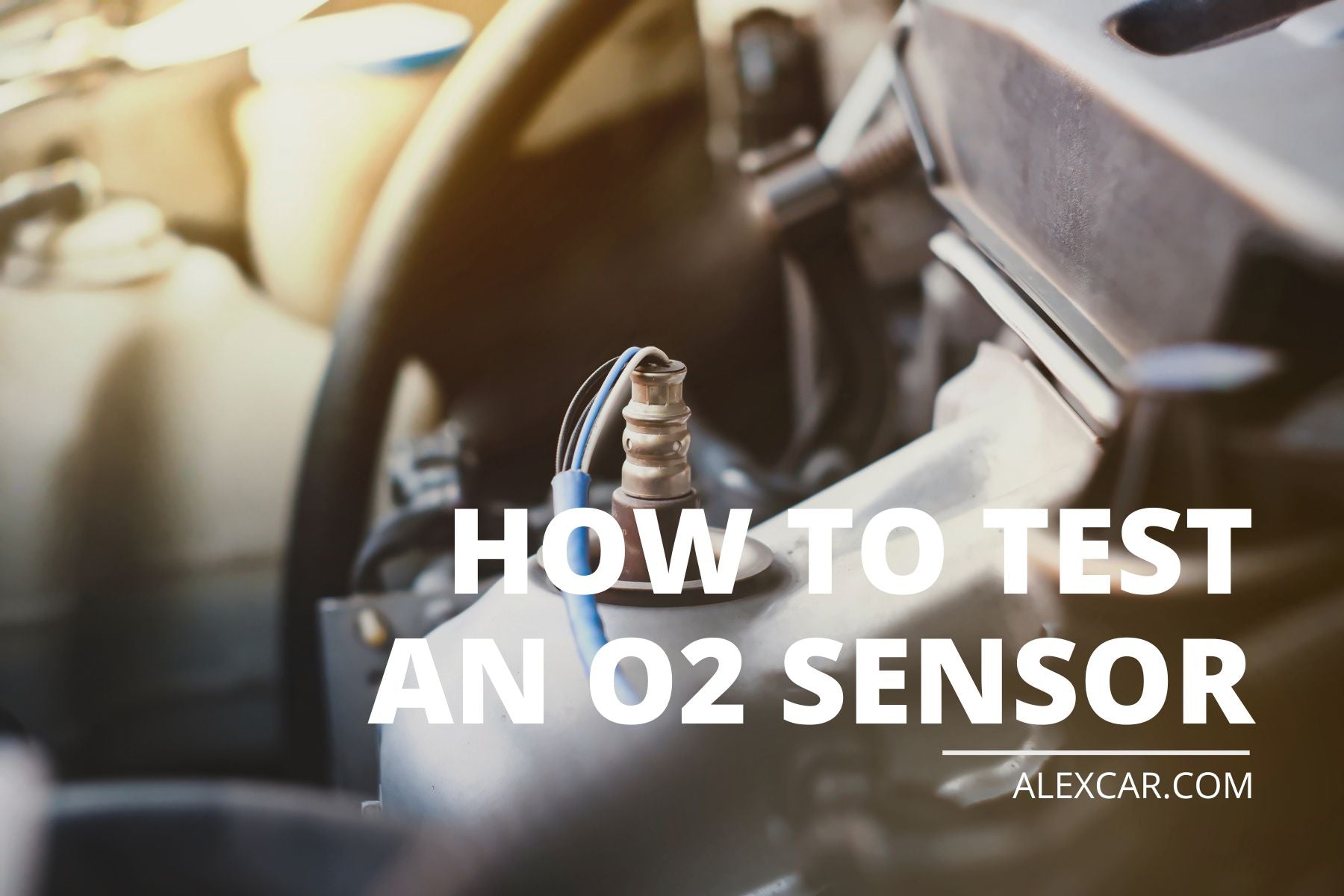As a driver, the worst nightmare is to see your car turns off while driving. After dealing with similar cases, Alexcar understands how frightening and vulnerable it makes you feel on the road. Whether due to fuel system problems, electrical failures, or more complex engine issues, we are here to help diagnose the root cause and get your car back safely on track!
Car Turns Off While Driving: Top 5 Common Causes
Fuel Delivery Issues

You might be surprised to know that a fuel delivery issue is one of the most frequent culprits for stalling. This could stem from:
- A faulty fuel gauge
- A clogged fuel filter
- A failing fuel pump
According to Alexcar experts, there are instances when the fuel gauge malfunctions and doesn’t show the real fuel level. If your car turns off while driving, try filling it with 1 liter of gasoline and see if it works again.
Other fuel-related issues include a clogged fuel filter and a bad fuel pump. When these problems occur, your engine won't receive enough fuel, and the motor will shut down.
Ignition System Failures
The ignition system plays a crucial role in starting the engine and ensuring it runs smoothly. If you have a faulty ignition coil, spark plugs, or spark plug wires, your engine might turn off unexpectedly.
In many cases Alexcar has dealt with, problems with the spark plug are the hardest to pinpoint. You can still start your vehicle and drive when one of these components is defective. However, if more than one spark plug malfunctions, the car won’t run for long. Multiple defective spark plugs can cause your engine to stall and shut down while driving.
Battery and Charging System Problems

The alternator is responsible for charging the battery, which provides the necessary power to start the engine. When the engine runs, the alternator generates electricity to recharge the battery and power the car's electrical systems. The voltage regulator ensures the alternator sends the correct amount of power to the battery, preventing overcharging or undercharging.
If the alternator or voltage regulator fails, the vehicle will rely entirely on battery power. Thus, the battery will run out rapidly, resulting in stalling.
Faulty Engine Sensors
Modern vehicles rely on various sensors to regulate engine performance. If these sensors fail or provide incorrect readings, the ECU might not manage engine functions properly. Some of the symptoms Alexcar noticed include unusual engine noises, difficulty starting the engine and stalling.
Overheating Engine
An overheated engine can cause your car to turn off as a protective measure. This often results from:
- A failing radiator
- A malfunctioning water pump
- A faulty thermostat
- Low coolant levels
Signs Your Car Might Shut Off While Driving

As you can see, there are many potential reasons for stalling. In most cases, though, there will be some telltale signs before the unwanted event occurs. Recognizing these signs early can help you address potential issues before things get out of hand.
Here are some key indicators that your car is on the verge of turning off:
- Black smoke from exhaust: Black smoke may indicate excessive fuel or incomplete combustion, leading to engine problems.
- Unusual jerking noises: Jerking or sputtering noises signal issues with the ignition or fuel system.
- Dashboard warning light: Warning lights related to the engine, battery, or oil pressure can provide early indications of potential problems.
- Strong smells: Unusual smells, such as burning oil or coolant, may indicate underlying issues that could affect engine performance.
What to Do If Your Car Turns Off While Driving
Step 1: Pull Your Car to the Side of the Road
When your car turns off while driving, the very first thing to do is to keep calm and steer the vehicle to the side of the road. Use the momentum of the car to guide it to a safe spot. If you are on a highway, try to reach the shoulder; if you are on a city street, look for a parking lot or side street.
This will help you avoid potential accidents and give you time to assess the situation.
Step 2: Diagnose the Issues
Once you are safely on the side of the road, try to diagnose the problem. Check for obvious signs like a dead battery, visible leaks, or any dashboard warning lights. Restart the car several times to see if you can narrow down the culprit.
If you are lucky enough to pinpoint the issue, you might make your car restart. In that case, we recommend heading straight to the nearest mechanic.
Step 3: Use Emergency Flashers to Alert Other Drivers

What if your car won’t restart? It’s time to turn on your hazard lights to alert other drivers that you are having a problem.
This action will keep you safe on the road while you are figuring out the next step, especially in poor visibility conditions.
Step 4: Seek Professional Help
If you can’t identify or fix the issue yourself, contact a tow service or roadside assistance services and get your car to a repair shop. Most independent services provide 24/7 assistance.
Alternatively, in case your phone is dead, you can seek help from the police. They often have contact information for local tow truck companies and can arrange for your vehicle to be towed to a repair shop. While waiting for assistance, the police will ensure your safety by positioning their vehicle behind yours with emergency lights on and directing traffic.
Preventing Future Problems
To avoid the risk of your vehicle stalling unexpectedly during operation, we recommend these proactive steps:
Monitor Fuel System To Prevent Fuel Delivery Issues
Regularly check the fuel system for clogs or wear and address issues promptly. Follow your vehicle’s maintenance schedule for oil changes, cleaning fuel filters, and other essential services.
Check The Battery Frequently To Avoid Car Turns Off While Driving In Cold Weather
To prevent your car from turning off while driving in cold weather conditions, ensure your battery is in good condition and fully charged, as cold weather reduces battery capacity. Use winter-grade oil that remains fluid at low temperatures, and keep your fuel tank at least half full to prevent condensation in the fuel lines.
Address Warning Signs As Soon As You See Them
Pay attention to warning lights and unusual noises. As soon as you spot any unusual sign, have them checked by a mechanic.
Use Quality Auto Parts To Prevent Premature Wear And Tear
Alexcar’s experts recommend using high-quality replacement parts to maintain optimal vehicle performance. While this might seem costly at first, good auto parts will save you a lot of money in the long run and secure your safety on the road.
Wrapping Up
When your car turns off while driving, it's crucial to remain calm and take immediate action to ensure your safety and that of other road users. Remember, this can stem from various causes, ranging from simple fuel problems to complex electrical issues. Routine maintenance and always keeping an eye on warning signs can help prevent unexpected vehicle issues.
At Alexcar, we are committed to keeping your car in the best shape. Check out our website for more tips on security and maintenance.




Leave a comment
This site is protected by hCaptcha and the hCaptcha Privacy Policy and Terms of Service apply.